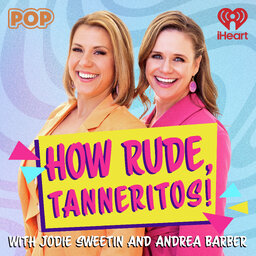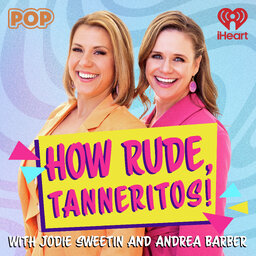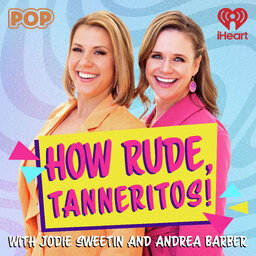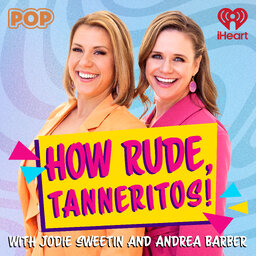Some Time With...Joel Zwick (Part 1)
Jodie & Andrea talk to legendary TV and stage director, Joel Zwick, to find out about how he became thee man who wrote the book on directing (no, really. He did).
From Laverne & Shirley to Bosom Buddies to a little show called Full House, Joel has done it all and has countless stories to tell.
Ready to fall in love with the man who called all the shots on your favorite shows? Then this episode of How Rude, Tanneritos is for you!
In 1 playlist(s)
How Rude, Tanneritos!
How Rude, Tanneritos! A Full House Rewatch Podcast is here!! Stephanie Tanner and Kimmy Gibbler are…Social links
Follow podcast
Recent clips

"Educating Jesse" Recap Season 6, Episode 6
1:07:04

Some Time With... Bobbie Eakes!
29:59

"Lovers and Other Tanners" Recap Season 6, Episode 5
58:48
 How Rude, Tanneritos!
How Rude, Tanneritos!